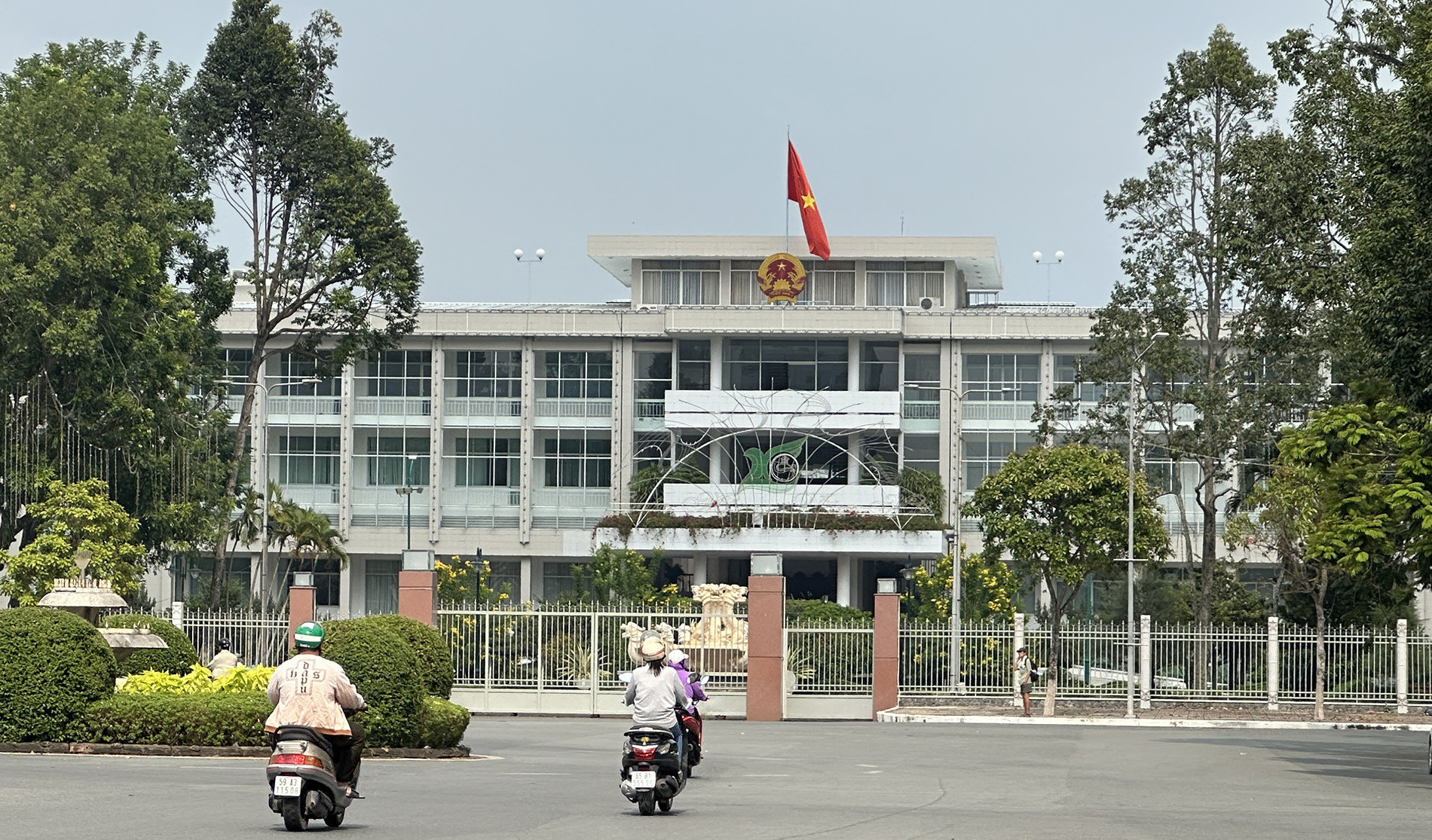
The Can Tho City Department of Home Affairs reported that from 2021 to 2024, the city had 22 administrative agencies, 16 organizations and associations at the city level, assigned tasks by the Party and State, 529 public service units, nine district-level People’s Committees, and 80 commune, ward, and township People’s Committees.
During this period, Can Tho City had 25,450 cadres, civil servants, and public employees. Over 83 percent of them held university degrees or higher, and nearly 14 percent had master’s degrees or above.
The city sent 34,601 cadres, civil servants, and public employees to training courses in Vietnam and abroad. Of these, 34,575 were trained in Vietnam, while 26 were trained abroad.
Also in 2021-2024, 1,194 cadres, civil servants, and public employees in Can Tho resigned from their positions (89 civil servants and 1,105 public employees).
According to the Can Tho Department of Home Affairs, the major reason behind the resignation was low salaries and wages, which prompted many civil servants and public employees to seek better-paid jobs elsewhere.
The department also noted that private healthcare facilities and non-public educational institutions, which offer higher pay and better working conditions, have attracted a significant number of highly qualified officers from the public sector.
The department stated that while there were no cases of civil servants or public employees trained abroad not returning to Vietnam, some did resign after completing their overseas training programs. Though the number of these cases is small, this reflects big issues related to salary, benefits, and working conditions.
From 2021 to now, three public employees returned to Vietnam after fulfilling their training courses and resigned, following procedures to reimburse training expenses.
The agency commented that overall, the quality of the city’s cadres, civil servants, and public employees has improved.
However, the planning and development of a high-quality, specialized workforce lack tight coordination, leading to an unreasonable structure of expertise in some sectors. Specifically, there is a shortage of workers in technical fields, and an abundance in social sciences instead.
The department believes that, amid the current push to streamline the organizational structure, there should be broader policies for identifying targets affected by Government Decree 178’s organizational restructuring.
Beyond those directly impacted by the restructuring, the department suggests considering staff at agencies and units not directly affected, to reorganize and enhance the quality of civil servants and public employees.
It will also propose solutions and advise competent authorities on issuing policies tailored to the city’s practical conditions for human resource development.
Hoai Thanh